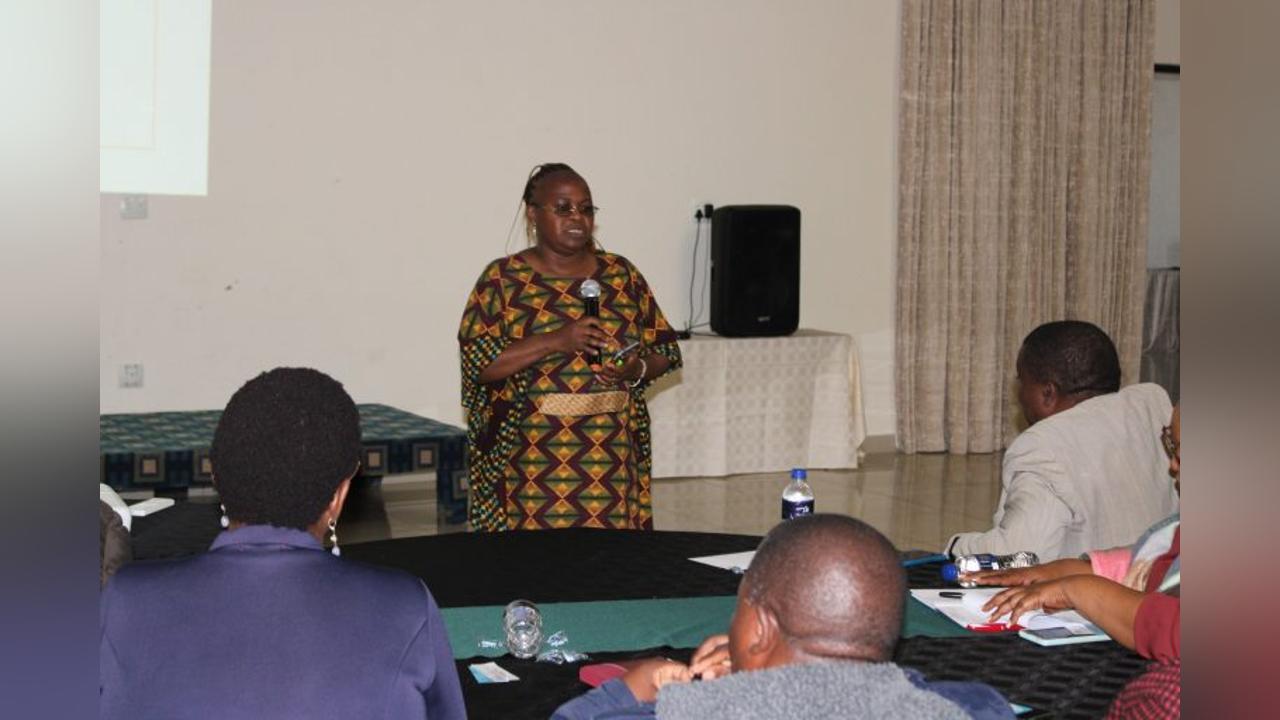
Africa-Press – Eswatini. The Ministry of Education and Training has launched a sensitisation workshop for headteachers from 62 schools as part of Sub-Component 2.3 of the World Bank-funded education project, set at keeping adolescent boys and girls in school.
The targeted schools are situated in constituencies identified by data as having the highest dropout and poverty rates, making them priority areas for intervention.
The workshop introduced school leaders to strategies designed to address the complex economic and social challenges that often push learners out of the education system.
At the centre of the initiative is a commitment to strengthen junior secondary education retention by empowering adolescents through school clubs.
These clubs will serve as platforms to deliver psychosocial support and equip students with essential life skills.
“The goal is to ensure that both boys and girls can effectively navigate daily challenges, make informed decisions, and transition successfully into adulthood,” read a statement from the Ministry.
The Sub-Component aims at providing support for adolescent boys and girls to be retained in school..
The clubs will also engage directly with issues that commonly contribute to school dropout, such as adolescent pregnancy, substance abuse, and risky behaviours.
These problems, if left unaddressed, can have severe consequences well beyond the classroom.
By using these clubs to offer targeted support, the Ministry hopes to mitigate the root causes of dropout and improve overall student wellbeing.
Raising awareness on Gender Based Violence, sexual exploitation, and harassment will also be a key focus.
Adolescents will be provided with information on available referral services and how to seek help, ensuring they are not only informed but also protected.
Simultaneously, Quality Assurance Officials from various Ministry departments, including the Inspectorate and EMIS unit, met with the project’s Monitoring and Evaluation team to align on tools and plans.
Regular follow-up meetings are expected to track progress and identify challenges in implementing the interventions.
For More News And Analysis About Eswatini Follow Africa-Press






